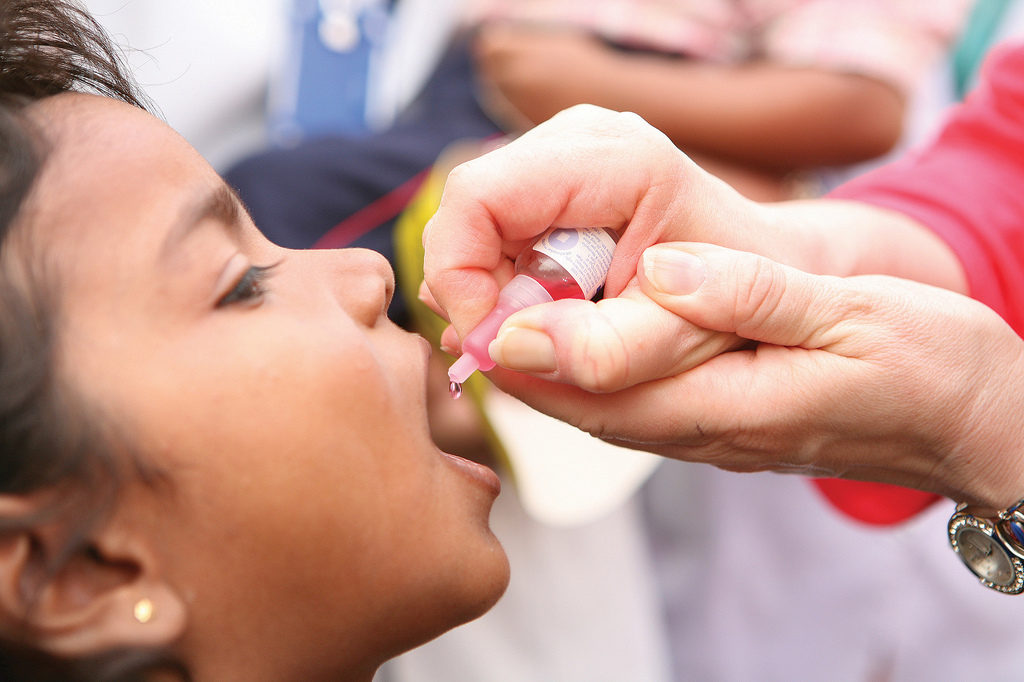
Importance of Immunization
Early education and child care settings present unique challenges for infection control due to the highly vulnerable population, close interpersonal contact, shared toys and other objects, and limited ability of young children to understand or practice good respiratory etiquette and hand hygiene.
Routine immunizations at the appropriate age are the best means of protecting children against vaccine-preventable diseases. Legal requirements for age-appropriate immunizations of children attending licensed facilities exist in almost all states.
Immunization is particularly important for children in child care because preschool-aged children have the highest age-specific incidence or are at high risk of complications from many vaccine-preventable diseases (specifically, measles, pertussis, rubella, influenza, varicella (chickenpox), rotavirus, and diseases due to Haemophilus influenza type b (Hib) and pneumococcus).
Some parents/guardians question the safety of routinely recommended vaccines. Sometimes they choose not to have their children fully vaccinated or to delay particular vaccinations. Unfortunately, this leaves the unimmunized child at risk for serious diseases and puts other children and caregivers/teachers who spend time with the unimmunized child at risk.
Illness and death from vaccine-preventable diseases, including whooping cough and measles, have occurred in communities where there are unimmunized children who spread these diseases.

Vaccines are tested to establish safety and effectiveness before they are licensed by the U.S. Food and Drug Administration (FDA). The ACIP, a non-Federal advisory committee makes evidence-based recommendations to the Centers for Disease Control and Prevention (CDC) following review of all data before a new vaccine is recommended.
The Committee on Infectious Diseases makes evidence-based vaccine recommendations to the board of directors of the AAP. There are biased, inaccurate sources of vaccine information which are not based on evidence and often can confuse parents.
Children may be current with required immunizations when they enroll, but they sometimes miss scheduled immunizations thereafter. Because the risk of vaccine-preventable disease increases in group settings, assuring appropriate immunizations is an essential responsibility in child care.
Caregivers/teachers should contact their child care health consultant or the health department if they have a question regarding immunization updates/schedules. They can also provide information to share with parents/guardians about the importance of vaccines.
Several of the vaccines recommended routinely for adults will prevent diseases that can be transmitted to children in the child care setting, including pertussis, varicella, measles, mumps, rubella and influenza.
Adults often spread pertussis (whooping cough) to vulnerable infants and young children. Yearly influenza vaccination of adults in contact with children is also an especially important way to protect young infants.
